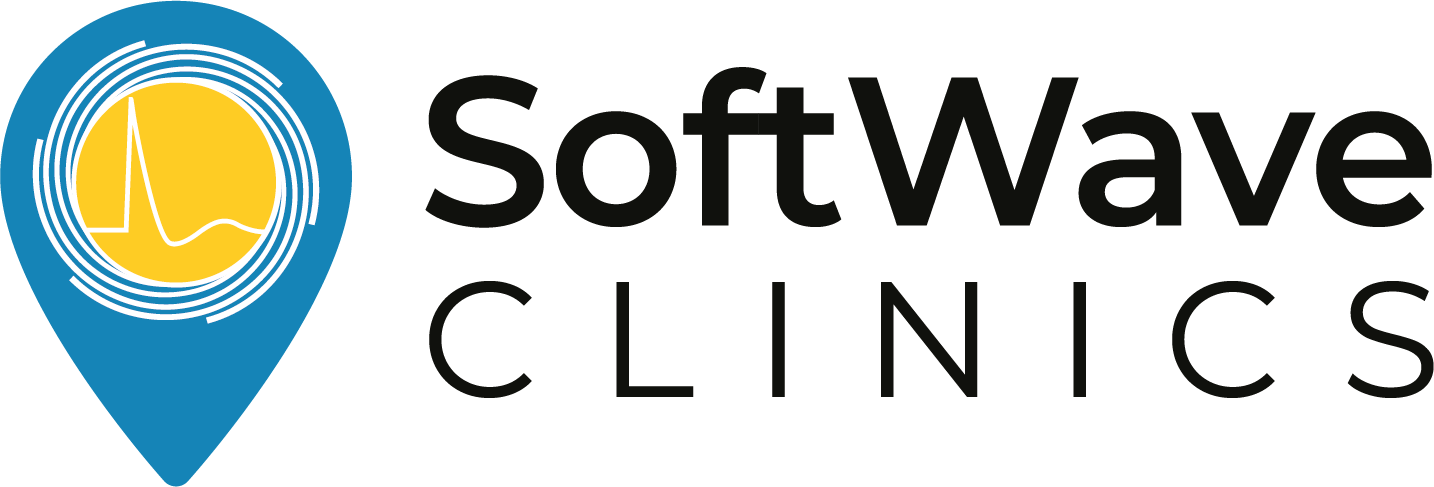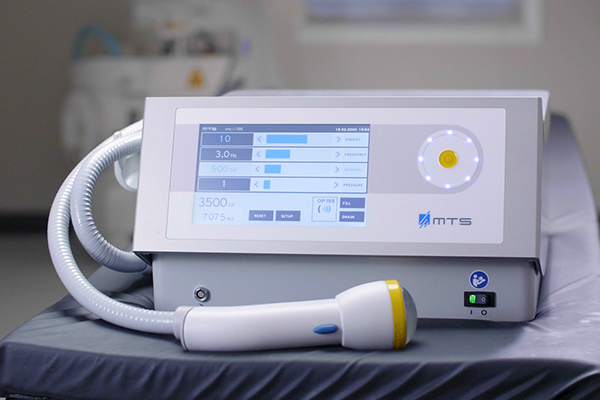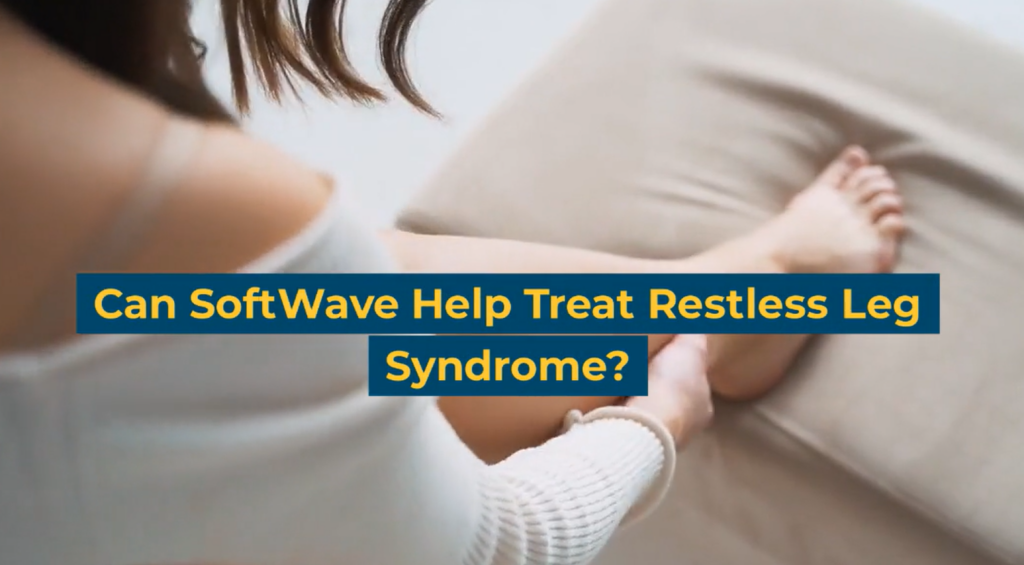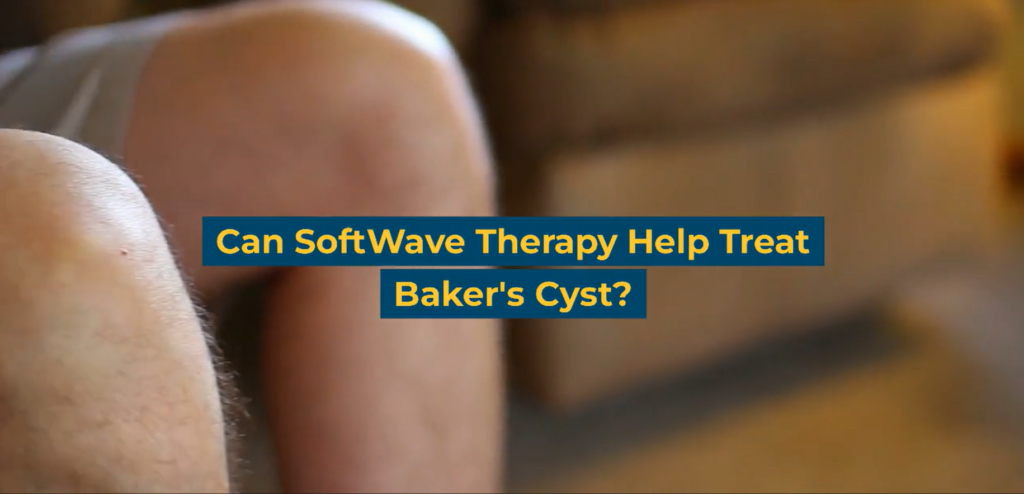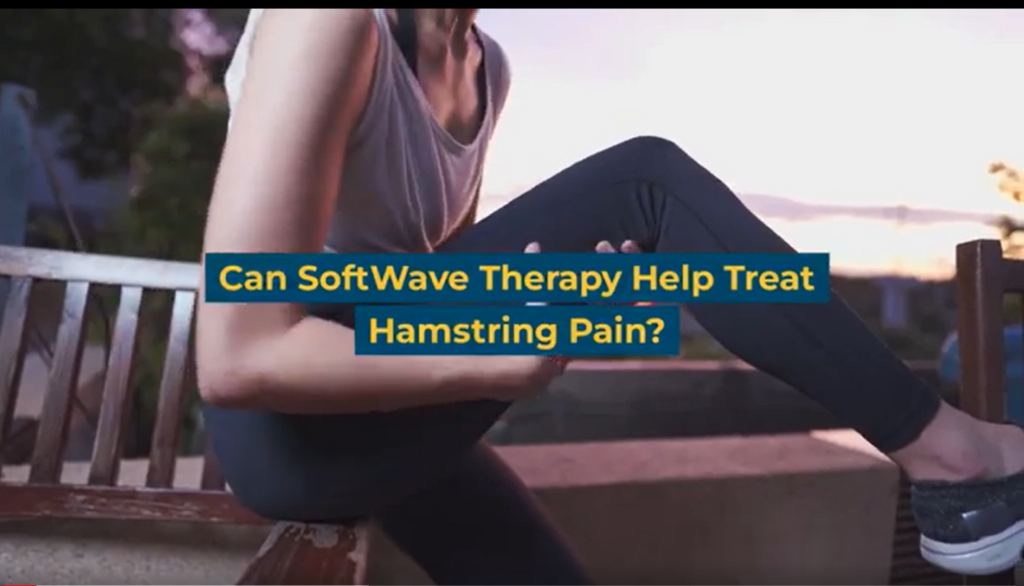Understanding Herniated Discs: Symptoms & Causes
Spinal discs have a tough outer layer (annulus) and a gel-like center (nucleus). When the annulus is compromised—often due to age-related wear and tear or sudden injury—the nucleus may protrude, leading to a herniated disc.
Risk factors for herniated discs include obesity, physically demanding jobs, and genetics. Symptoms usually include pain and numbness, most commonly on one side of the body, along with tingling, aching, or burning sensations in the affected area. When diagnosing herniated discs, physical examination, medical history evaluation, and imaging tests like MRI or CT scans are usually involved.
Traditional Treatment Options for Herniated Disc
Initial treatment for a herniated disc often begins with rest, pain medications, and physical therapy. If these measures prove ineffective, epidural steroid injections might be considered. In severe, unresponsive cases, surgery—like discectomy or spinal fusion—may be required.
However, these traditional treatments are not without their drawbacks. Medications and injections may cause side effects, and surgery always carries inherent risks such as infection, nerve damage, and long recovery periods.
Introducing SoftWave Therapy: What Is It & How Does It Help Herniated Discs?
SoftWave therapy is a non-invasive treatment that utilizes low-intensity shockwaves. This method involves the delivery of acoustic waves to the affected area, stimulating the body’s natural healing processes.
These shockwaves help to accelerate tissue repair and cell growth, enhance blood circulation to regenerate damaged tissues, and even reverse chronic inflammation. When applied to herniated discs, SoftWave therapy reduces inflammation and promotes regeneration. Unlike traditional treatments, SoftWave therapy offers a non-invasive and low-risk approach to treating herniated discs.
The Benefits of SoftWave Therapy for Herniated Discs
SoftWave therapy’s key advantage lies in its non-invasive nature. This treatment avoids the potential complications that surgical interventions or prolonged medication use may present. In addition, SoftWave therapy reduces inflammation—a leading cause of disc-related pain—and promotes healing by increasing blood flow to the affected area and stimulating tissue regeneration. This therapy also has the potential as a complementary tool alongside other conservative treatments, offering a comprehensive, multi-faceted approach to herniated disc management.
Try SoftWave Therapy for Herniated Discs Today
Herniated discs can significantly affect one’s quality of life. Traditional treatments, while effective to a degree, come with potential risks and limitations. SoftWave therapy, with its non-invasive nature and healing promotion capabilities, offers a promising alternative for those struggling with this painful condition.
If you or someone you know is experiencing herniated disc symptoms, consider exploring SoftWave therapy as a potential treatment option. Contact our SoftWave providers today to discuss whether SoftWave therapy might be an effective treatment plan in your case. Embrace this regenerative treatment to enjoy a pain-free life.
Disclaimer: The information provided in this blog is for educational and informational purposes only and is not intended as a substitute for professional medical advice, diagnosis, or treatment. The content provided in this blog should not be used to diagnose or treat any health problems or illnesses. Always consult with a qualified healthcare professional before making any changes to your healthcare routine or treatment plan.
